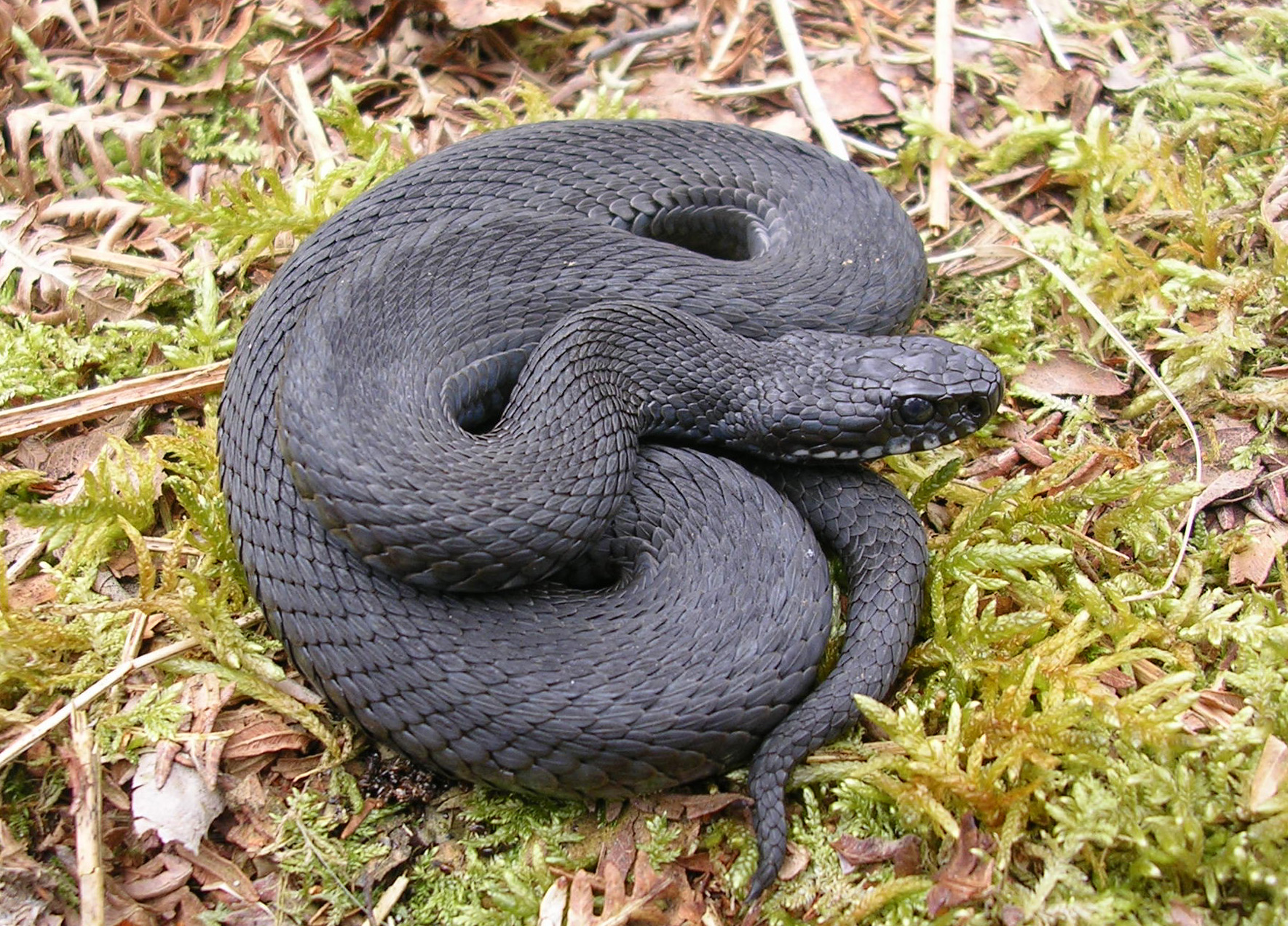Info & Advice
Info & Advice
ARG UK Forms and Procedures
Documents for local ARG groups and volunteers, including application forms, risk assessments, etc.
ID guides
We feature ID guides for England, Scotland and Wales which feature a broad range of the native amphibian and reptile species, plus some commonly observed non native species. These are authored and published by ARG UK Trustee John Baker, and were produced jointly with Amphibian and Reptile Conservation. You are welcome to download the pdf format from our website, and A5 printed versions, suitable for field use, can be obtained by emailing This email address is being protected from spambots. You need JavaScript enabled to view it..
We have separate ID guides for Northern Ireland, reflecting the smaller range of species found there, but with additional information about the animals, and more life stage photos. These 'Dragons in the Hills' publications were produced by the three project partners, ARG UK, NMDDC and HSI, and generously funded by the Heritage Lottery Fund for Northern Ireland. They are available in English language and Irish language versions. You are welcome to download these from our website, or if you would like the A5 versions, suitable for field use please email This email address is being protected from spambots. You need JavaScript enabled to view it..
ARG Today (Our newsletter)
ARG Today is the e-newsletter of ARG UK edited by Colin Williams.
ARG UK Logo / Brand guidelines
Here you can download the ARG UK logo in plain, circle and icon format, in a range of file types for different uses. These logos, along with our brand guidelines (for colours and fonts) are available to be used for legitimate purposes by any ARG affiliated to ARG UK.
ARGWEB
ARGWEB – a new toolkit tailor-made for our affiliated volunteer Amphibian and Reptile Groups (ARGS). ARGWEB was originally set up by our Surrey group (SARG) to provide a suit of online tools (apps) to manage their membership and other stakeholders including land managers and project partners in a GDPR compliant manner. Now that it is tried and tested, we have made the system available to other groups and to date over 30 ARGs have adopted it. As well as membership, ARGWEB also supports site-based amphibian and reptile surveys to allow for site monitoring, and in 2019 we have introduced a toad patrol app, to enable patrollers to more easily collate amphibian numbers and patrollers’ effort. By enabling site managers and other partners, including ARC and Froglife to access data for their sites in real time it also provides a tool for site management.
Events - ARG UK Seminar Series
Downloads from our 2020 ARG UK Seminar Series
JNCC 7th Quinquennial Review
Every five years, the country nature conservation bodies (Natural England, Natural Resources Wales and NatureScot), working jointly through the UK Joint Nature Conservation Committee (JNCC), review Schedules 5 and 8 of the Wildlife and Countryside Act (WCA) 1981. The review will provide recommendations to the Secretary of State for the Environment, Food and Rural Affairs and to Ministers for the Environment in the Scottish Government and Welsh Government for changes to these schedules. This is known as the Quinquennial Review (QQR).
Protecting The Habitats Regulations
The Habitat Regulations have played a huge part in saving precious places for wildlife in the last 30 years. These powerful laws give nature a say on where we build new developments. They help knock back projects which threaten vulnerable wildlife. They give a firm but polite “no thank you” to plans which would damage nature’s unique places. In exceptional circumstances where projects must be built, they ensure new habitat is created elsewhere.
Now, at a time when nature needs them more than ever, there is a threat that the Habitat Regulations will be weakened or taken away altogether. Here is a guide to what they are, why they’re under threat and the action we want to see from the UK Government to make sure they remain.
Taken from RSPB Press Release August 2022


